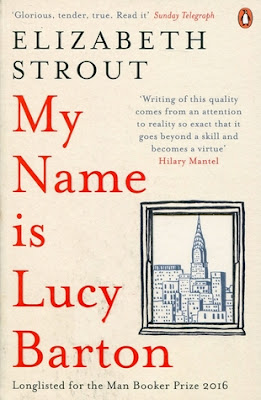Cal Hooper #1
391 pages
Publisher: Penguin/Viking
Publishing date: October 2020
Blurb
Cal Hooper thought a fixer-upper in a remote Irish village would be the perfect escape. After twenty-five years in the Chicago police force, and a bruising divorce, he just wants to build a new life in a pretty spot with a good pub where nothing much happens.
But then a local kid comes looking for his help. Trey’s brother has gone missing, and no one, least of all the police, seems to care. Cal wants nothing to do with any kind of investigation, but somehow he can’t make himself walk away.
Soon Cal will discover that even in the most idyllic small tow, secrets lie hidden, people aren’t always what they seem, and trouble can come calling at his door.
Review
To say this book has a slow start would be an understatement. The first quarter of the story leisurely meanders along. The reader is in Cal’s head as he reflects on his new life and surroundings in Ireland and what, and more importantly who, he left behind in America. The writing was beautiful, and Cal is an interesting main character, but the slow pace didn’t urge me to keep on reading. On the other hand, it is fair to say the story's pace perfectly matched the pace of the life Cal thought he was settling into.
Everything starts to change and speed up as soon as Cal meets Trey, a thirteen-year-old kid who wants Cal to use his police skills to find out what happened to their older brother who disappeared a few months earlier. Once Cal starts asking questions the story and events pick up speed, but it isn’t until the last third of the book that the tale really explodes off the page and events follow each other at a much faster, at times rather uncomfortable but always fascinating, pace.
So much for the story since I don’t want to spoil it for anyone. I have a few thoughts about what exactly did and didn’t happen in the end. For starters, if you read crime fiction because you love the straightforward endings in which evil gets punished and everybody gets what they deserve, this may not be the book for you. I think it’s safe to say there are no clear-cut good and bad people in this story with the possible exception of Lena, the widow Cal befriends and ends up relying on for assistance. While that may not be ideal for a fictional mystery, it does feel true to life. In fact, true to life could be used to describe a lot of what happened in this book. The way small local communities are inclined to distrust outsiders and, for better or worse, tend to take care of their own, for example, as well as the rural gossip, and the leisurely pace of life. I haven’t decided yet whether or not I believe Cal, the former cop, would behave as he does in this story; his actions should go against everything he was trained to believe in. On the other hand, any other decision on his part might have let to more harm rather than a ‘satisfying’ conclusion so the jury is still out in that respect.
In an interview with the All About Agatha podcast (https://open.spotify.com/episode/4Sl35ZwxlgtSNxOrnKWYXb), Tana French revealed that she took tropes from the Western genre and applied them to the west of Ireland, and as far as I’m concerned, she succeeded very well. This story has that ‘loner against the rest of the community’ (the old gunslinger who gets rocked out of retirement for one more mission, to paraphrase Tana French) vibe that we also find in traditional westerns as well as the ‘us against the rest of the world’ sentiments we often encounter in small, close-knit communities.
For a long time while reading this story, I didn’t think I would want to read the sequel. The last quarter of the story changed my mind; I now can’t wait to find out what will happen next to Cal, Trey, and Lena. Bring on March 2024 and The Hunter.















